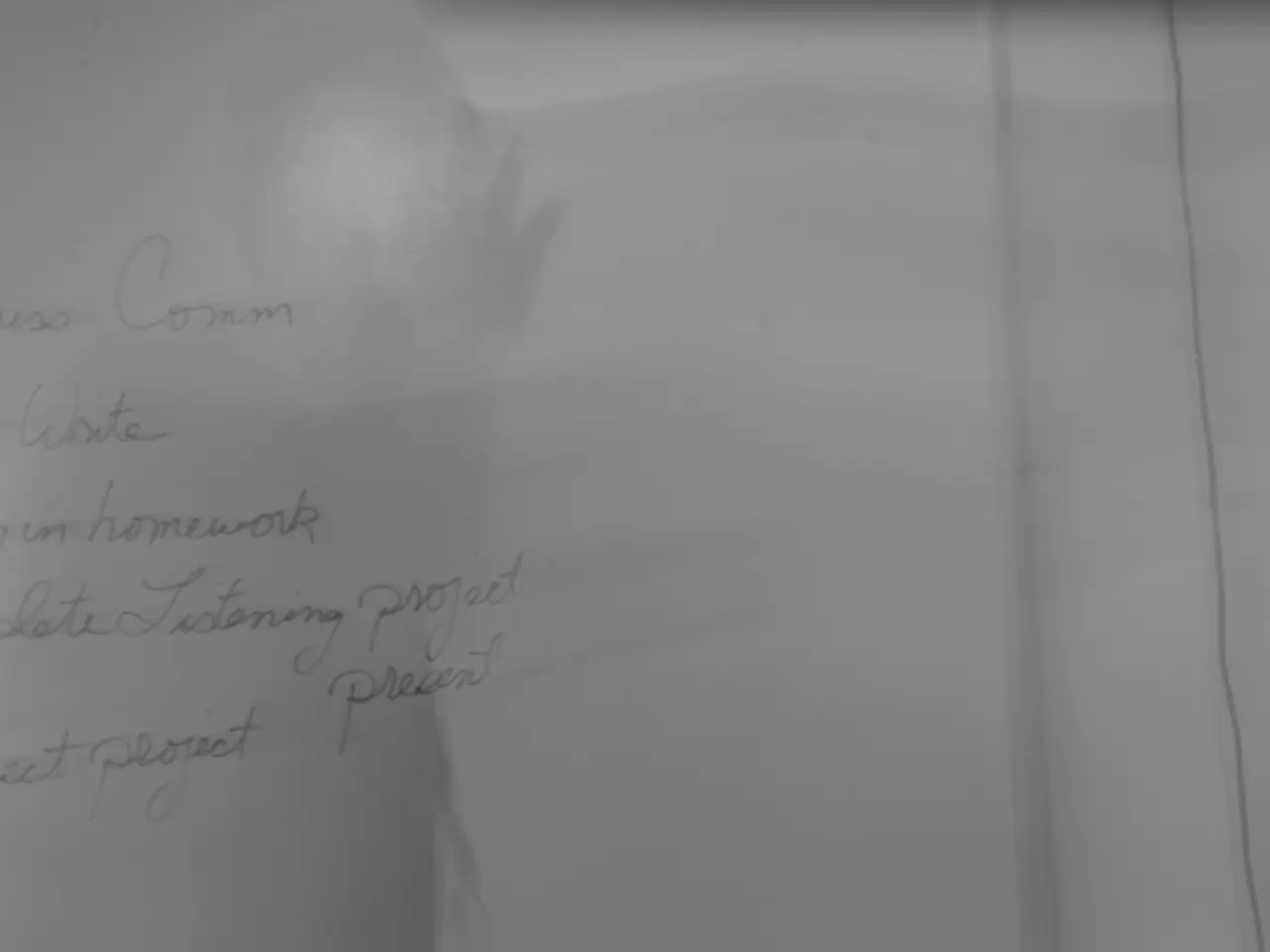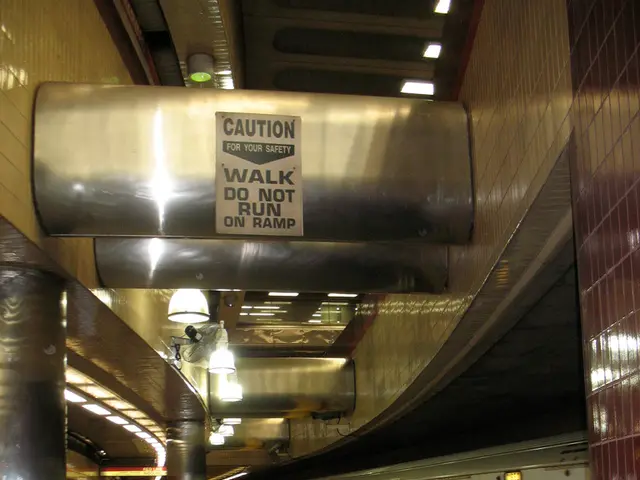Banks in India consider imposing a 15-day deadline for resolving accounts of deceased customers, with penalties for tardy performance.
Simplified Process for Settling Claims on Deceased Depositors' Accounts and Lockers Proposed by RBI
The Reserve Bank of India (RBI) has proposed new regulations to streamline and standardize the process for settling claims related to deceased depositors' accounts and safe deposit lockers. The key features of these proposed regulations include:
- Timeline for Settlement: Banks will be required to settle claims within 15 days from the date of receiving complete documents.
- Required Documents:
- If there is a nominee: Claim form, death certificate of the deceased, and valid identity and address proof of the nominee or survivor will be required.
- If there is no nominee:
- For claims up to ₹15 lakh (threshold limit): Claim form, death certificate, bond of indemnity or surety signed by claimants, and letters of no objection or disclaimer from non-claimant legal heirs, if applicable.
- For claims above ₹15 lakh: Additional documents such as a succession certificate, legal heir certificate issued by a competent authority, or a declaration regarding the legal heirs will be necessary.
- Simplified Process: Banks will be mandated to use standardized claim forms and uniformly apply the simplified settlement procedures to avoid inconvenience or hardship for claimants.
- Other Provisions:
- Banks will be allowed to terminate term deposits without penalty in case of the depositor’s death, even if it is within the lock-in period.
- Banks will be required to obtain agreements or authorizations from nominees/legal heirs regarding handling of ongoing payments in the deceased’s name to prevent difficulties.
- Compensation for Delays: The RBI mandates compensation to nominees or legal heirs if banks fail to settle claims within the 15-day deadline.
- Implementation Timeline: The proposed regulations are currently in draft form and are planned to take effect from January 1, 2026, following public comments submitted by August 27, 2025.
These reforms aim to bring uniformity, reduce delays and disputes, and ease the documentation burden on grieving families, ensuring a more empathetic, clear, and consistent process for claim settlements. The RBI's new regulations do not apply to accounts or lockers with a registered nominee, as the claim process for these remains unchanged. The RBI has also drafted compensation for nominees or legal heirs for delays in settling claims. The proposed process aims to make it easier and faster for families or legal heirs to claim money and valuables from bank accounts, lockers, or safe custody articles. The RBI has not specified any penalties for delays in settling claims on accounts or lockers with a registered nominee.
- The proposed regulations by RBI for settling claims on deceased depositors' accounts and safe deposit lockers include provisions for compensation if banks fail to settle claims within the stipulated 15-day deadline.
- In the absence of a nominee, claims above ₹15 lakh will require additional documents such as a succession certificate, legal heir certificate issued by a competent authority, or a declaration regarding the legal heirs.
- The new regulations in DEFI (Decentralized Finance) industry, being proposed by the RBI, mandate banks to use standardized claim forms and uniformly apply simplified settlement procedures.
- The banking-and-insurance industry will be impacted by the RBI's regulations, as banks will be allowed to terminate term deposits without penalty in case of the depositor’s death, even if it is within the lock-in period.




